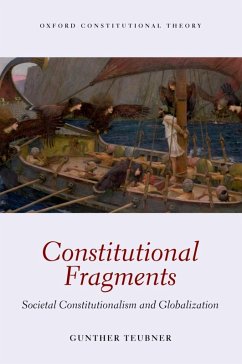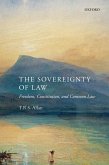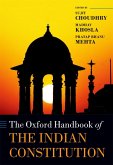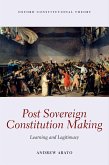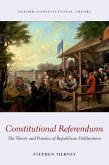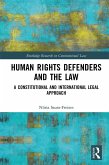In recent years a series of scandals have challenged the traditional political reliance on public constitutional law and human rights as a safeguard of human well-being. Multinational corporations have violated human rights; private intermediaries in the internet have threatened freedom of opinion, and the global capital markets unleashed catastrophic risks. All of these phenomena call for a response from traditional constitutionalism. Yet it is outside the limits of the nation-state in transnational politics and outside institutionalized politics, in the 'private' sectors of global society that these constitutional problems arise. It is widely accepted that there is a crisis in traditional constitutionalism caused by transnationalization and privatization. How the crisis can be overcome is one of the major controversies of modern political and constitutional theory. This book sets out an answer to that problem. It argues that the obstinate state-and-politics-centricity of traditional constitutionalism needs to be counteracted by a sociological approach which, so far, has remained neglected in the constitutional debate. Constitutional sociology projects the questions of constitutionalism not only onto the relationship between public politics and law, but onto the whole society. It argues that constitutionalism has the potential to counteract the expansionist tendencies of social systems outside the state world, particularly of the globalized economy, science and technology, and the information media, when they endanger individual or institutional autonomy. The book identifies transnational regimes, particularly in the private area, as the new constitutional subjects in a global society, rivals to the order and power of nation states. It presents a model of transnational, societal constitutional fragments that could bring the values of constitutionalism to bear on these private networks, examining the potential horizontal application of human rights in the private sphere, and how such fragments could interact. An original and provocative contribution to the literature on modern constitutionalism, Constitutional Fragments is essential reading for all those engaged in transnational political theory.
Dieser Download kann aus rechtlichen Gründen nur mit Rechnungsadresse in A, B, BG, CY, CZ, D, DK, EW, E, FIN, F, GR, HR, H, IRL, I, LT, L, LR, M, NL, PL, P, R, S, SLO, SK ausgeliefert werden.

